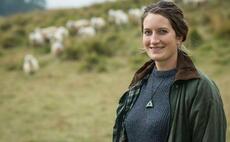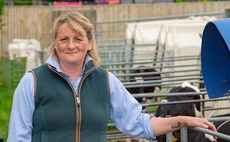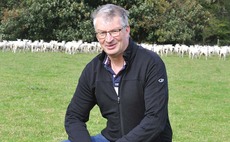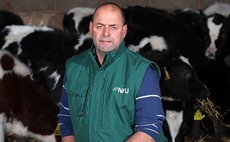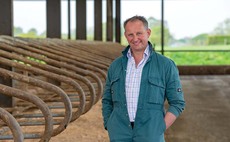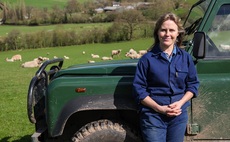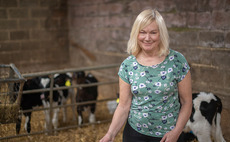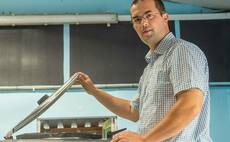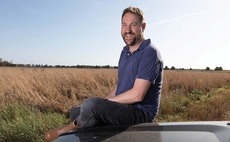Blogs
Arable
Despite the Met Office’s ninja showers, we have now completed our harvest.
Farm Life
Finally, the grass is recovering. It is at least an improvement to see our fields at home green again, having just spent a week in the Highlands of Scotland and north of England and seen grass galore up there.
Farm Life
A thread on Twitter about British wool recently, got me thinking. There has been lots in the farming press and social media about the very low price of wool most years, but particularly this year.
Livestock
You always know that autumn is drawing near as the movement of livestock in and out of our West Wales valley increases.
Farm Life
At the start of this year, I said 2020 could be the year of opportunity for dairy. Little did I know at the NFU Conference in February that we would all be facing a global pandemic and the many challenges which have arisen as a result of Covid-19.
Farm Life
Writing this as we enter the last week of August I am reminded of how our industry is at the mercy of the weather.
Livestock
I would like to start with a heartfelt apology to the people of Scotland. Last month I mentioned that an Englishman, an Irishman and a Welshman travelled to Scotland and achieved their 400-a-day shearing goals.
Livestock
This year we have all become living history, an integral part of events which will be analysed for many years to come.
Farm Life
Just a few days ago ‘Desert Dorset’ was a dust bowl. The milking herd has been on a full silage diet as there was just no grass and no growth as it has hardly rained for more than a month.
Farm Life
During my early-teen growth spurt I had skinny, matchstick legs and gigantic size-12 feet which I could barely control. This made me hopeless at football this was in the1980s and Peter Crouch had not surfaced yet.

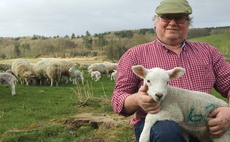
 13 September 2020
•
2 min read
13 September 2020
•
2 min read
